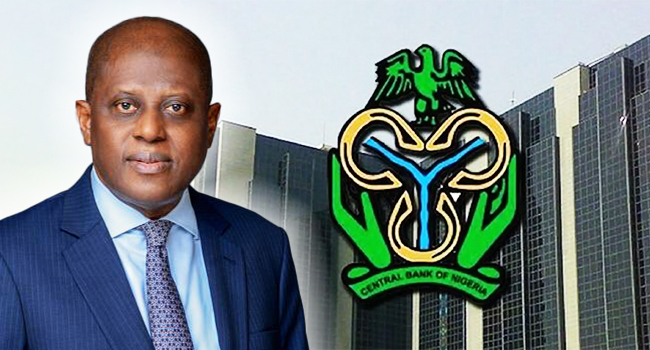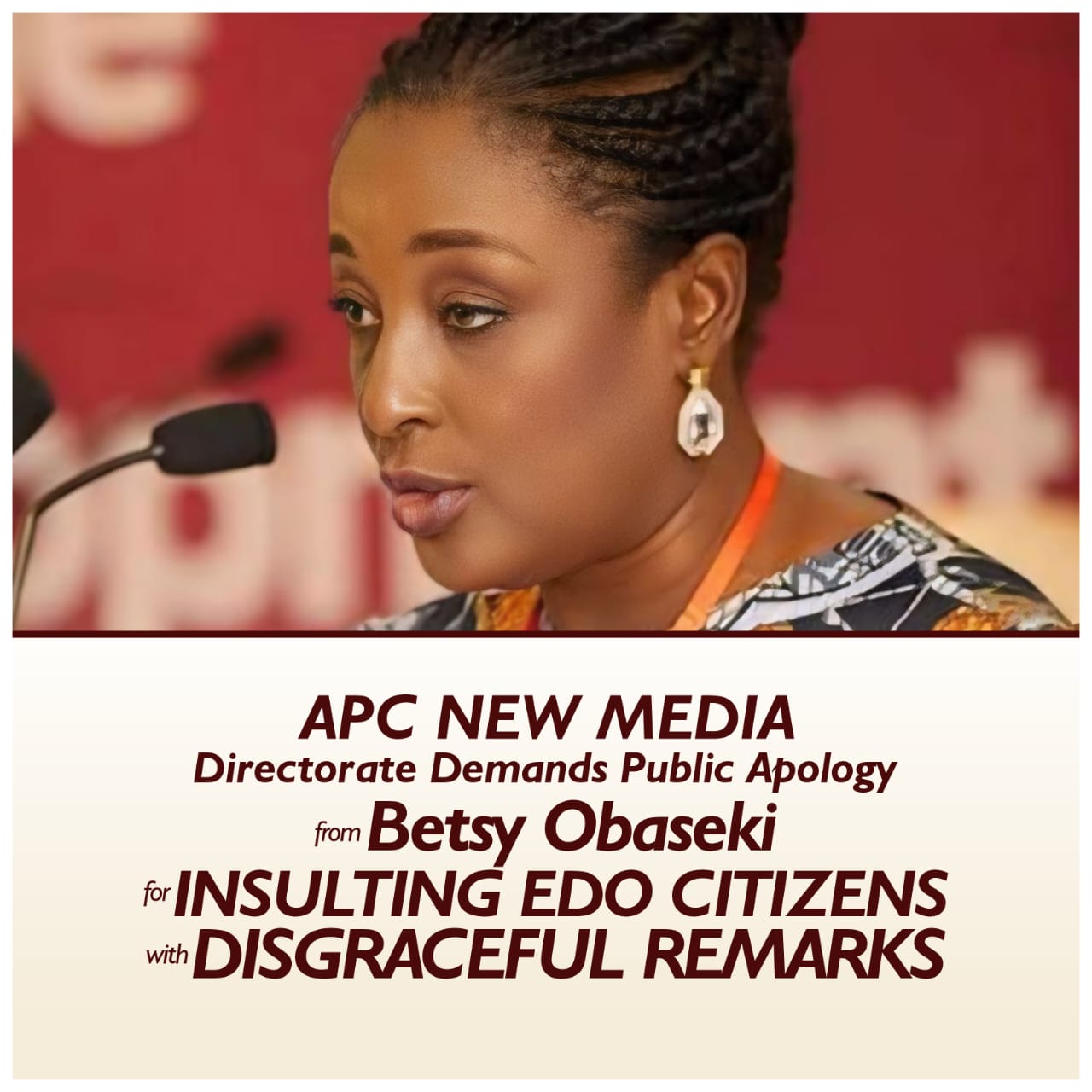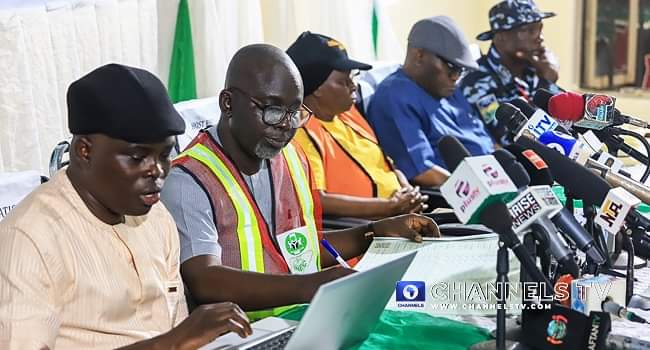Major Court Ruling: Influencer VeryDarkMan Ordered to Remove Defamatory Posts Against Falana and Falz – A Turning Point for Nigeria’s Social Media Accountability

In a highly publicized legal battle, a Nigerian court has instructed social media influencer VeryDarkMan to remove online posts deemed defamatory against prominent human rights lawyer Femi Falana and his son, Falz, a popular musician and activist. The case has garnered widespread attention, raising critical questions about the balance between free speech and the protection of reputations. This ruling has the potential to shape the future of online discourse in Nigeria, especially for public figures facing criticism on social media platforms.
This decision is seen as a response to the rising influence of social media, where users frequently make unverified claims. The court emphasized the need for responsible online behavior, especially when the reputations of well-known individuals are at stake. The ruling is expected to be a turning point for how defamation cases involving social media influencers are handled in Nigeria, potentially setting a new legal standard.
Background: The Dispute Between VeryDarkMan and the Falanas
The conflict originated from a series of online posts by VeryDarkMan, which made allegations against Femi Falana and his son, Falz. The posts accused the Falanas of misconduct, a claim that quickly went viral across multiple social media platforms. These allegations attracted significant public attention, generating debates and dividing opinions among social media users. Femi Falana, a renowned lawyer with a legacy of defending human rights, and Falz, known for his activism through music, found themselves at the center of a social media storm.
Reacting to the allegations, Falana and Falz sought legal action, asserting that the accusations were baseless and intended to damage their reputations. Their legal team presented evidence that the posts not only spread false information but also encouraged negative reactions toward them from the public. The swift legal response underscored the seriousness with which the Falanas viewed the allegations, leading to a court battle that has since captivated the public.
The Court’s Decision: Implications for Freedom of Speech
The court’s ruling ordered the immediate removal of all posts deemed defamatory from VeryDarkMan’s social media accounts. The judge described the posts as “defamatory and damaging,” emphasizing that freedom of speech does not extend to the dissemination of falsehoods that can harm others’ reputations. The court acknowledged the importance of free expression but stressed that this right comes with responsibilities, particularly when accusations are made without substantiated evidence.
This ruling could have a profound impact on how similar cases are handled in Nigeria, particularly those involving online platforms. By mandating the removal of the content, the court has drawn a clear line between constructive criticism and defamation. This decision could serve as a deterrent for others who might be tempted to make unsubstantiated claims against public figures, sending a message about the consequences of spreading false information.
The court’s decision has sparked significant debate on social media, with users expressing varied opinions. Supporters of the ruling believe it will promote accountability among influencers, who often shape public perception. Many argue that the ruling is a necessary step in curbing the spread of misinformation on social media, which can have far-reaching consequences for the individuals involved. This perspective aligns with those who believe that public figures, despite their status, deserve protection from false accusations that can damage their reputations.
However, the ruling has also drawn criticism from some quarters, with users expressing concerns about its implications for freedom of speech. Detractors argue that the decision could set a dangerous precedent, potentially silencing voices critical of public figures. They fear that similar rulings in the future could be used to suppress dissent and limit the ability of citizens to hold powerful individuals accountable. This debate highlights the complexity of balancing free speech with the need to protect against defamatory content in the digital age.
Falana and Falz Respond to the Verdict
Following the court’s decision, Femi Falana expressed satisfaction with the outcome, emphasizing the importance of truth in public discourse. Known for his longstanding commitment to justice and the rule of law, Falana highlighted that while he supports robust public debate, spreading falsehoods should not be tolerated. He expressed hope that the ruling would serve as a reminder of the responsibilities that come with the freedom to express opinions, particularly in the digital space.
Falz, whose music often addresses societal issues and injustice, echoed his father’s sentiments. He described the court’s decision as a victory not only for his family but also for the principles of integrity and truth. Falz stressed that while he welcomes constructive criticism, he believes that false claims can harm the reputation of individuals and diminish trust in public discourse. The Falanas’ responses suggest that they view the verdict as an opportunity to set higher standards for online conversations in Nigeria.
Legal Precedents and Future Implications for Defamation Cases
This case could serve as a crucial legal precedent for handling defamation cases involving social media in Nigeria. With social media increasingly serving as a platform for public discourse, the courts are facing new challenges in defining the boundaries of free speech and reputation protection. Legal experts suggest that the ruling in this case could influence how future disputes between influencers and public figures are resolved, providing a template for adjudicating online defamation claims.
The verdict also highlights the need for more comprehensive legal frameworks to address defamation in the digital era. As the use of social media continues to grow, Nigerian courts are likely to encounter more cases where the spread of false information affects individuals’ reputations. The outcome of this case underscores the urgency of updating legal guidelines to reflect the realities of online communication, ensuring that both free speech and personal reputation are adequately protected.
Impact on Influencers and the Dynamics of Social Media in Nigeria
The court’s ruling against VeryDarkMan could have a lasting impact on Nigeria’s social media landscape, particularly for influencers who use their platforms to comment on public affairs. Many social media influencers rely on their ability to speak freely about issues affecting society, including the actions of prominent figures. However, this ruling may encourage them to exercise greater caution, verifying information before making allegations online to avoid legal consequences.
For social media platforms, the case might also prompt discussions around implementing stricter content moderation policies. Platforms may be compelled to create mechanisms that quickly address complaints about potentially defamatory content. This could lead to a more regulated digital space in Nigeria, where influencers and users are held to higher standards of accountability. As the implications of the ruling unfold, the dynamics between social media influencers, legal authorities, and public figures are likely to evolve, reshaping the nature of online discourse in the country.
Discover more from OGM News NG
Subscribe to get the latest posts sent to your email.




